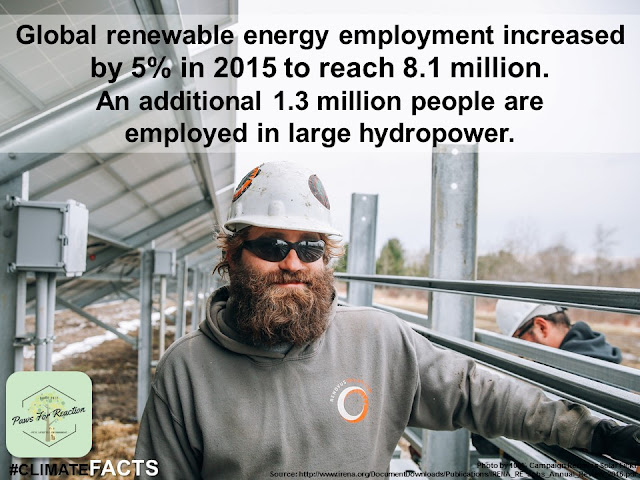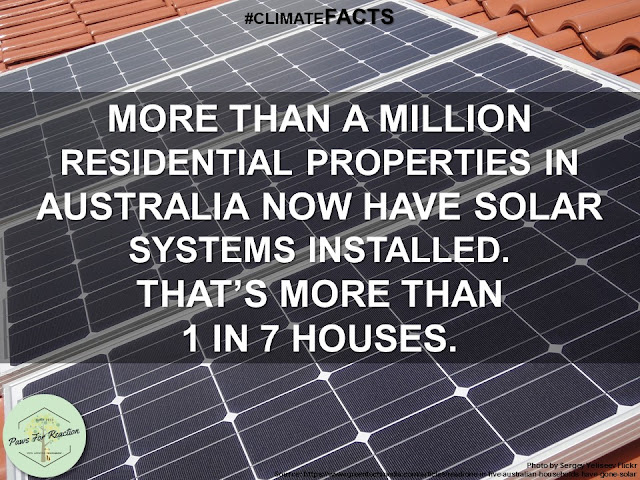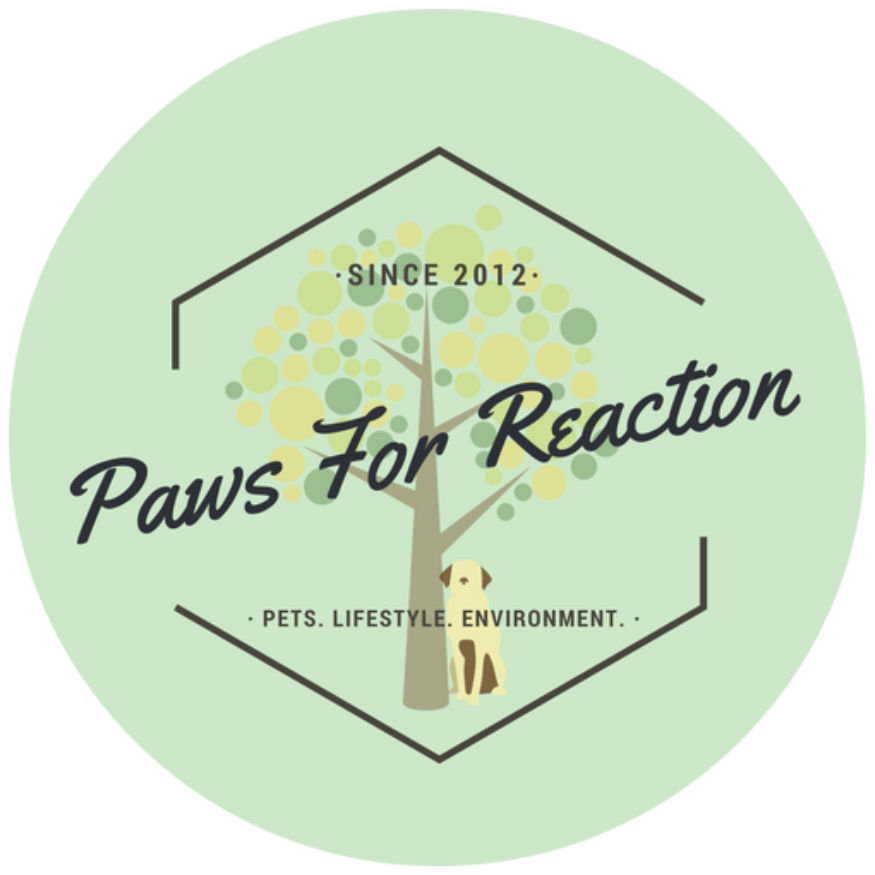Invest in our Planet: Embrace the 5 Rs of recycling on Earth Day
We grew up being taught the three Rs- Reduce, Reuse, and Recycle. That's where it all began. Fast forward to the present day. Pollution and human-caused climate change are far more devastating problems than we could have predicted. We are in a climate crisis, and three Rs aren’t enough.
Happy Earth Day: Environmental stories for dog owners, animal lovers, and climate activists
It's the greenest day of the year- Earth Day! This is the second Earth Day, April 22nd, we've celebrated during the COVID-19 pandemic. It saddens me that a year later Ontario is in worse shape. I hope you find a safe way to do something positive for the planet today. Interested in learning more about living sustainably and fighting climate change? Check out the green headlines on Paws For Reaction! These are the best posts about climate change, pollution, wildlife, the outdoors, and environmental action.
Covid-19 and climate change: Pandemic's positive impacts on pollution were temporary, but damaging effects will be lasting
Climate change took a backseat in the media as the planet's greatest threat when the Covid-19 pandemic swept the globe in 2020. It's been more than a year since the first Covid-positive case was reported and we are entering another lockdown in Ontario. Looking back, I remember how optimistic I was the first time we entered a lockdown. Not just optimistic about the health and safety of our nation, but optimistic for the health of the planet. During that lockdown, we saw wildlife emerge from the wilderness and take their rightful place in our urban areas that were one their home. We saw marine life break the surface of the water in places it had not been seen before. The planet took a deep, cleansing breath.
Cleaning the Capital: Campaign on hold but litter collection doesn't have to be
I was excited to register for the Cleaning the Capital spring campaign and participate in city-wide trash collection during Earth Month. The pandemic delivered me another disappointment when the City of Ottawa announced the Cleaning the Capital Spring campaign would be placed on hold due to the current Ontario COVID-19 lockdown. My intention when I registered was to do trash collection on my own, so I could stay safe and physically distance from others. We are encouraged to only leave the home when it's essential, but I consider picking up litter in my neighborhood to be essential.
Food for thought: What's your carbon foodprint and how can you reduce it?
Here's something for you to chew on. One of the easiest ways to fight climate change is with a diet change. We all have a carbon foodprint. What we put in our mouth leaves a mark on our planet. Deforestation to make space for animal agriculture, energy and water consumption, transporting and storing food, the production process, pesticide use, and waste runoff created by farming, and unsustainable packaging are ways our food can harm the environment. Climate change will threaten our food security, causing an increase in weather-related disasters like floods and droughts. To keep food on our plates we need to take climate change off the menu.
Earth Day children's book list: Picture books about climate change for the next generation of environmental activists
Books are one of the most reused items in existence. We buy used books, borrow books from friends, and donate old books we've read already. E-books and audiobooks are sustainable and waste-free. Literature is important, but it can also be eco-friendly- especially when the book you are reading is all about caring for the planet. Getting people engaged with environmental action at a young age is the best way to ensure a sustainable future. Why not engage children during storytime?
The regular person’s guide to becoming a climate activist

I’ve always felt a deep connection to nature. Growing up I was passionate about aquatic life and had an interest in wildlife extinction. I used to drag my little sister to the stream behind our housing development and collect samples to analyze. We would catch frogs and collect algae. Mostly we would get covered in mud despite my mother’s strict instructions to ‘not get dirty.’ I decided I was going to be a marine biologist when I grew up, long before my dreams of being a writer surfaced. The problem was I didn’t excel in science and math and I knew my grades would never reflect my passion. I had to set my scientist dreams aside. It was clear to me that my talents were limited to pen and paper. But my connection to nature never went away, and as I grew, that connection grew with me. I became aware of climate change and the harm humanity is inflicting on the planet and that the list of extinct animals is getting longer. I couldn’t sit back and watch without doing something. But what could I do? I’m just a regular person.
International guest blog: Agroecology farming and its contribution to climate change mitigation and sustainable food production
 |
International guest blog by Tulyahabwe Rogers (from Uganda, East Africa).
So excited to welcome him to the Paws For Reaction extended family! |
Severe, diverse, and location-specific impacts on agricultural production are anticipated with climate change. The last IPCC report indicates that the rise of carbon dioxide and associated greenhouse gases could lead to a 1.4 to 5.8 °C increase in global surface temperatures, with subsequent consequences on precipitation frequency and amounts. The 2013 report of the IPCC authoritatively re-affirms that climate change and variability will impact food and fiber production around the world due to the effects on plant growth and yield by the elevated carbon dioxide, higher temperatures, altered precipitation, and transpiration regimes, and increased frequency of extreme events, as well as modified weed, pest and pathogen pressure. Therefore, more durable benefits will likely result from radical agroecological measures that will strengthen the resilience of farmers and rural communities. Traditional farming systems are repositories of a wealth of principles and measures that can help modern agricultural systems become more resilient to climate change.





































